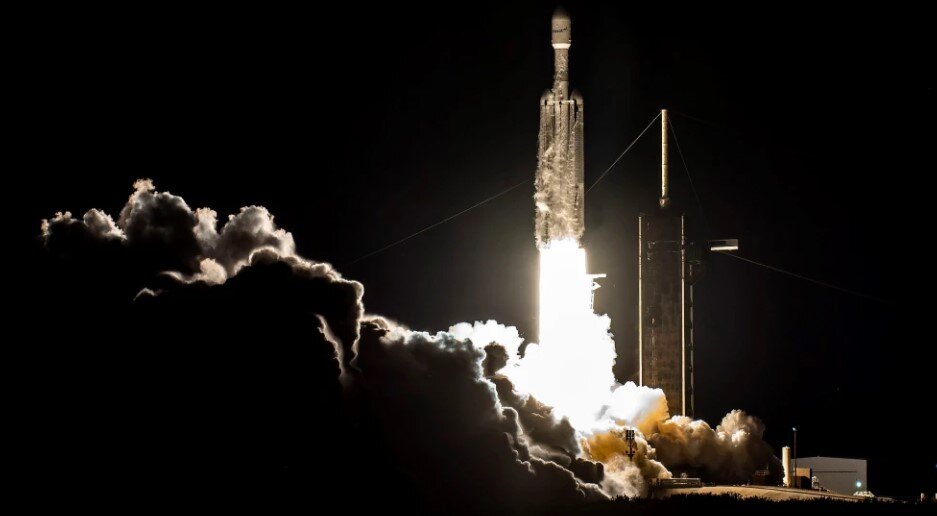
Ibadan, 18 July 2023. – Viasat Inc. has disclosed that an unexpected event occurred during reflector deployment that may materially impact the performance of the ViaSat-3 Americas satellite. Viasat and its reflector provider are conducting a rigorous review of the development and deployment of the affected reflector to determine its impact and potential remedial measures.
As a result of the event, the Company is in the process of refining its contingency plans to minimize the economic effect on the company. Potential options include redeploying satellites from Viasat’s extensive fleet to optimize global coverage and/or reallocating a subsequent ViaSat-3 class satellite to provide additional America bandwidth. The initial service priority for ViaSat-3 Americas has been to facilitate growth in the company’s North American fixed broadband business.
“We’re disappointed by the recent developments,” said Mark Dankberg, Chairman and CEO, Viasat. “We’re working closely with the reflector’s manufacturer to try to resolve the issue. We sincerely appreciate their focused efforts and commitment.”
The reflector event has not resulted in disruption to customers, and no there is no impact on coverage or capacity of the respective Viasat and Inmarsat constellations currently in service. Following the Inmarsat acquisition, Viasat has 12 Ka-band satellites in space, excluding ViaSat-3, with eight additional Ka-band satellites under construction.
The Company will share additional information on the status of the ViaSat-3 Americas satellite and any necessary contingency plans during its earnings call, which is tentatively on August 9, 2023. Viasat launched the satellite on Sunday, April 30, this year, aboard a SpaceX Falcon Heavy from Launch Complex 39A (LC-39A) at NASA’s Kennedy Space Center in Florida.
 SpaceWatch.Global An independent perspective on space
SpaceWatch.Global An independent perspective on space



